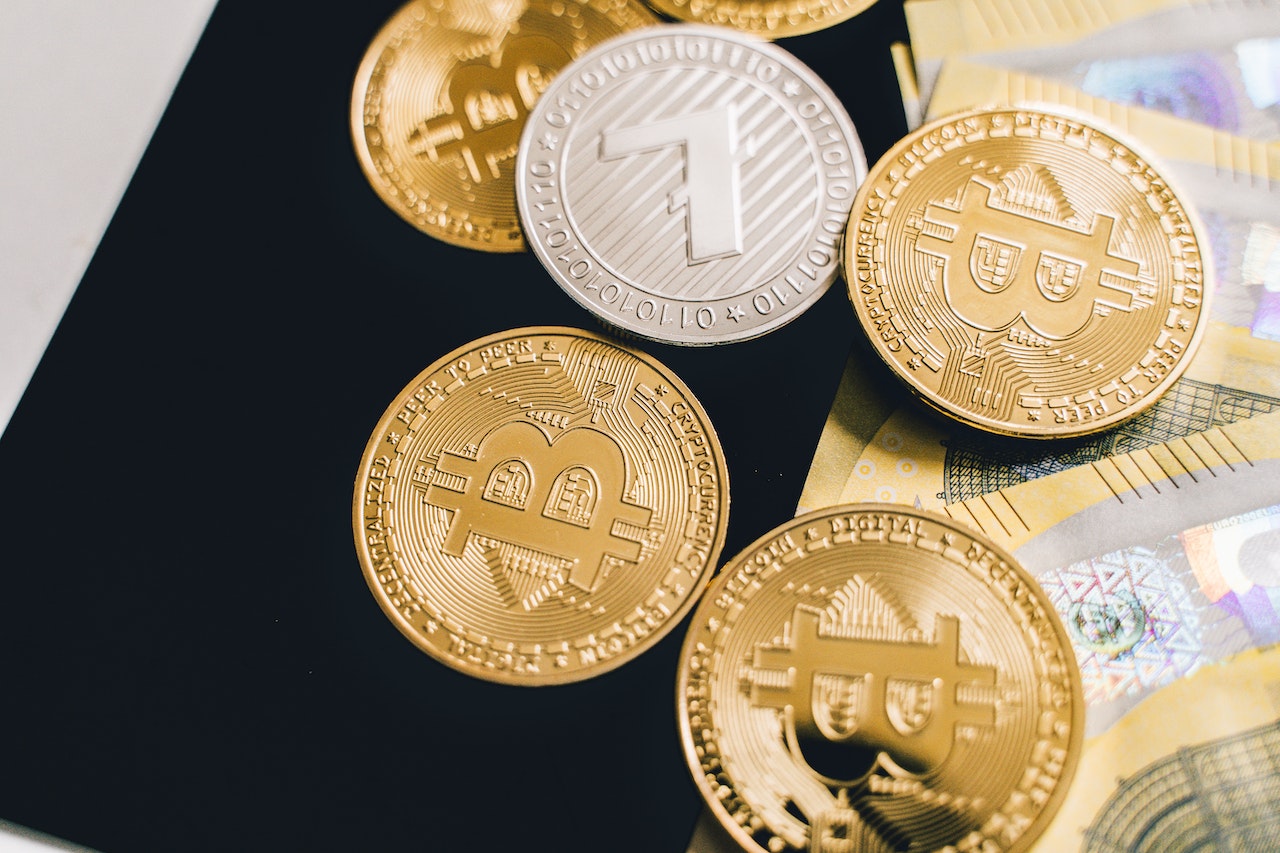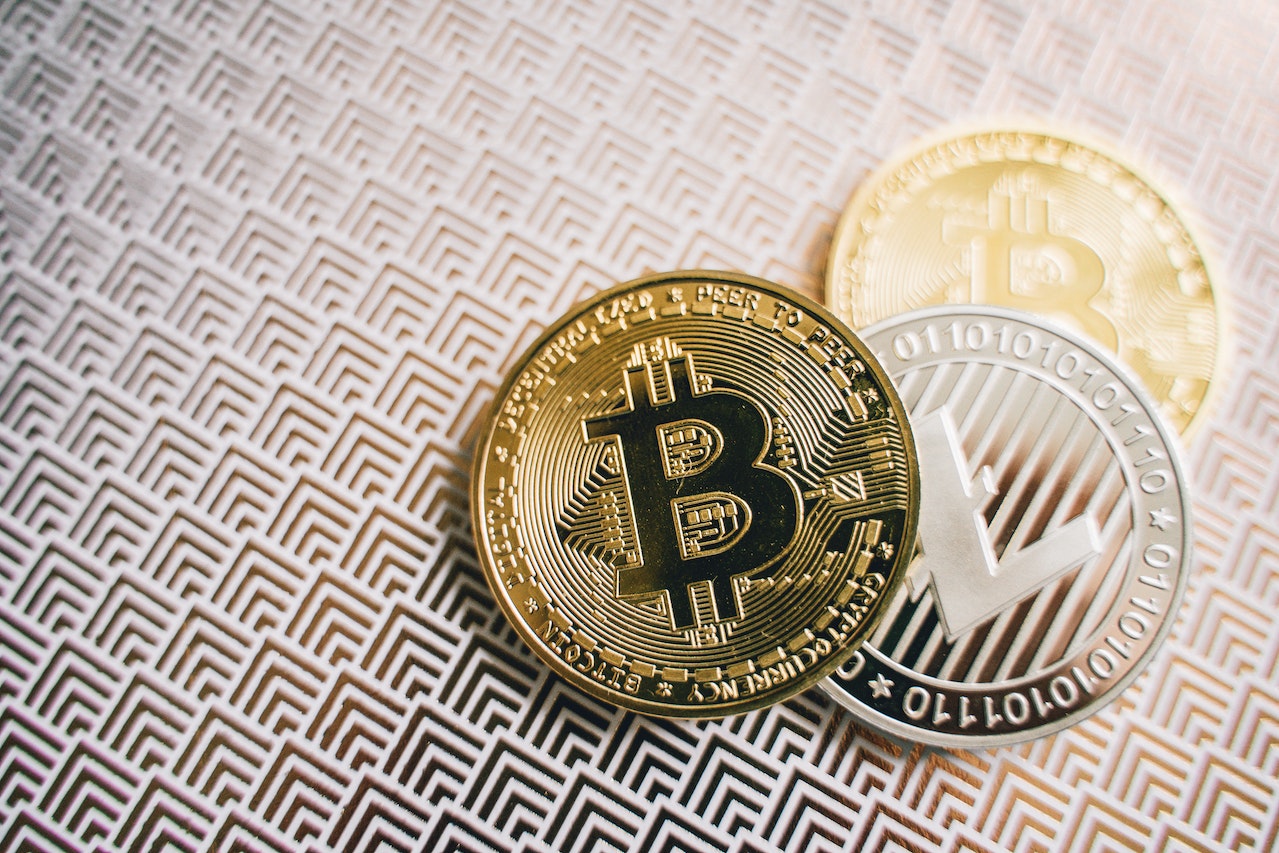Billions of dollars are stolen in cryptocurrency every year. There is a fifty per cent chance that you have a vulnerability that can make you lose your crypto coins knowingly or unknowingly.
Take a few minutes of your day and protect your cryptocurrency by following basic crypto protection tips.
Best Crypto Protection Tips and Privacy Measures
In this blog, we will cover the best crypto protection and privacy measures you should have in place for yourself and your business. Here are some of the best ways to protect your cryptocurrency:
- Strong passwords
- Two Factor Authentication (2FA)
- Multiple emails
- Multiple exchanges
- Self-custody
- Wallet backups
- Computer Safety
- Web3 safety
- Sending cryptocurrency
- Double check transactions
- Revoke permissions
- Privacy (Don’t be a loudmouth)
- Estate planning
- Common sense

1. Strong Passwords
This seems obvious but it also needs reiterating. Make sure your password:
- Has no relation to you.
- Doesn’t have dates related to you.
- Doesn’t have people related to you.
- Don’t reuse your password.
- No passwords should be saved on your computer or cloud.
2. Two-Factor Authentication (2FA)
Two-Factor Authentication is a way to make sure that only you can access your cryptocurrency accounts, even if someone else knows your password. Here’s how it works:
Imagine you have a special key that only you have. This key is like a password, but it is something you have, not something you know. When you want to log in to your crypto account, you’ll need to use both your regular password and your special key.
For example, let’s say you have a crypto account with CoinBuns.com. You have a password for this account, and you also have a special key in the form of a text message that is sent to your phone. When you go to log in to CoinBuns.com, you’ll enter your password like usual. Then, CoinBuns.com will send a text message to your phone with a special code. You’ll need to enter that code in order to complete the login process.
This is called Two-Factor Authentication because there are two steps involved: your regular password, and your special key. It is like having two locks on your front door instead of just one.
2FA is an extra layer of protection to make sure that only you can get into your account, even if someone else knows your password.
You can either use any of these options to protect your cryptocurrency:
- A phone-based two-factor authenticator app
- A security key (gold standard)
It is advisable that you do not use an SMS authenticator to protect your cryptocurrency wallets
3. Multiple Emails
It is recommended that you use different emails for all cryptocurrency exchanges that auto-forward emails to one main account. make sure that these emails are well-protected and secured.
This means that if an exploit happens with one email account, it will not affect anything.
4. Multiple exchange accounts
Ensure your hot coins are spread across different exchanges. Do not rely on only one exchange (if you are using an exchange).
Ensure the cryptocurrency exchanges you use is safe and reputable (e.g. Binance, or Coinbase).
5. Self custody
Ensure that you have got a hardware wallet (e.g. Ledger or Trezor), then use third-party apps like Coinomi, MetaMask etc.
Self-custody is one of the most important crypto protection steps to take when securing your cryptocurrency. Always remember this: Not your keys, not your coins.

6. Wallet backups
Make sure you keep your seed phrase written and put it in a VERY safe place. You can use a metal seed-phrase storage card to ensure it is safe in all events. Never put your seed phrase online or save it on the cloud.
7. Computer Safety
Keep your computer clean. Ensure you have malware and virus protection on your dedicated cryptocurrency computer.
Don’t download weird things. The gold standard would be to have a separate computer that you only use to interact with your cryptocurrency.
8. Using web3 safely
Nothing is completely safe, but when using any Web3 product ensure you go to the source directly as bad actors try to get official-looking websites to rank highly on internet searches.
9. Sending cryptocurrency
Double-check and triple-check the crypto address you are sending to. Make sure that the network and the address are CORRECT!
If there is a low gas fee, you can send a small amount to check if it is correct before sending a larger amount. This seemingly simple crypto protection tip can help you from losing your coins.
10. Double-check transactions
Every time you confirm a crypto transaction, double-check that it is correct before confirming.
You do not want to give one transaction access to all your cryptocurrency that might have been compromised through a hacked front end.
11. Revoke permissions
After confirming a transaction, you should frequently revoke the permissions your wallet has. This is to ensure that if these permissions get compromised you will not be affected once the permission is removed.
12. Privacy (Don’t be a loud-mouth)
There is a reason a lot of people in cryptocurrency are anonymous.
You could be targeted if someone knows how much crypto you have, you could be forced and threatened to send it. No one needs to know your finances. Keep your mouth shut to save yourself from unnecessary and unwanted troubles.

13. Estate planning
Accidents do happen though and we will all, one day, pass away. It doesn’t matter if you are young or old, creating a will is vet important.
Make sure you have got a detailed explanation stored somewhere safe for how someone can access your cryptocurrency so that it can be shared amongst your loved ones once you are gone.
14. Common sense
Common sense is not always common.
If it looks weird, if it is asking for things, if it is phishing, if it is too good to be true, if it is wanting your seed phrase, if it is asking for something, if it is wanting you to download X, then DO NOT do it!
These are crypto security red flags. You’ve got to have your wits about you. Don’t become a victim of crypto scams and frauds.
Protect your cryptocurrency!
Here are some of the best ways to protect your cryptocurrency today.
If you don’t have the above crypto protection and privacy measures in place, it is time to change that. You might think that losing your crypto coin can never happen to you, but it can. Never take any chances with your crypto assets.

Kathy Brooks is a digital marketing specialist at IPB Digital LLC. She is a technical writer that is fascinated with all things blockchain, cryptocurrency, digital assets and web3. Follow IPB Digital LLC on LinkedIn, Facebook and Twitter.